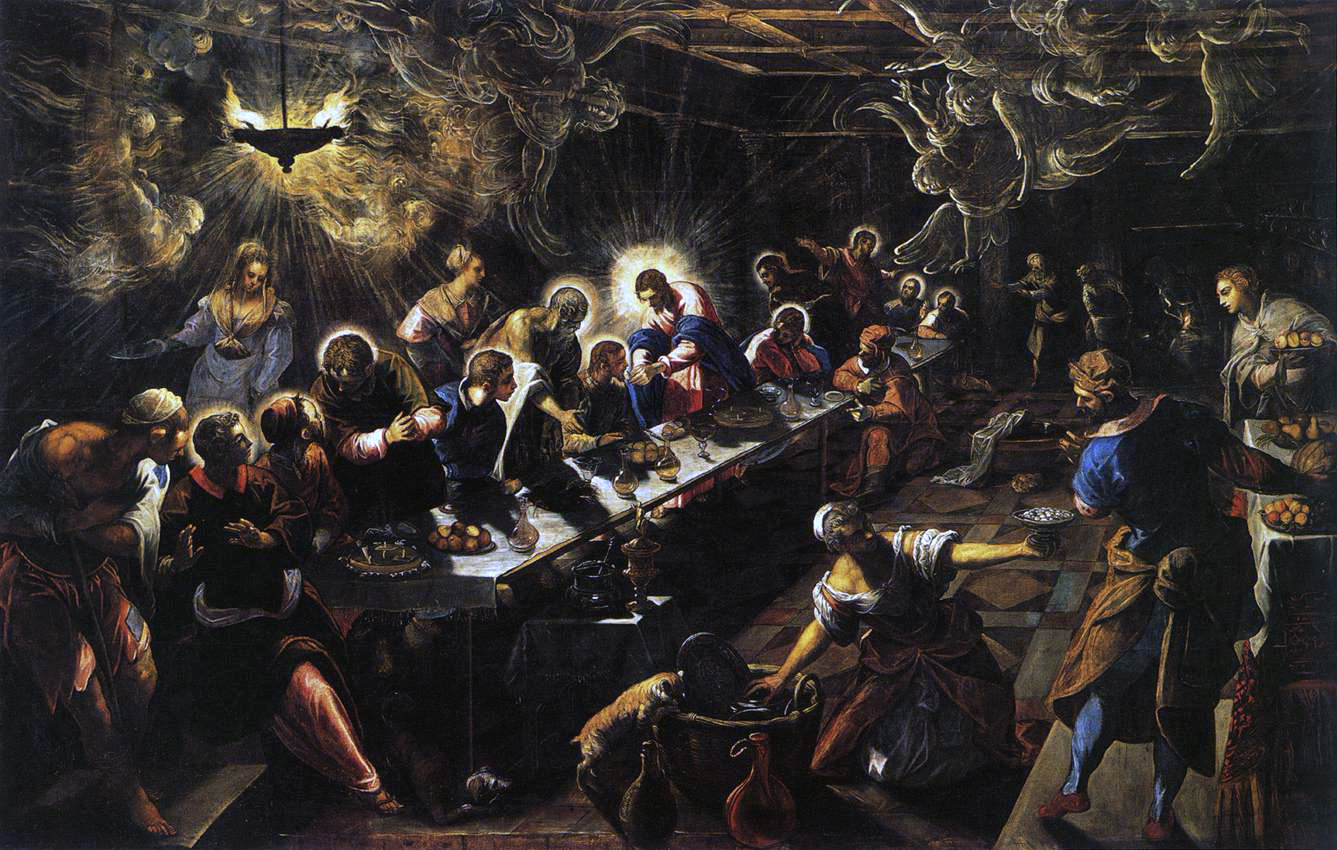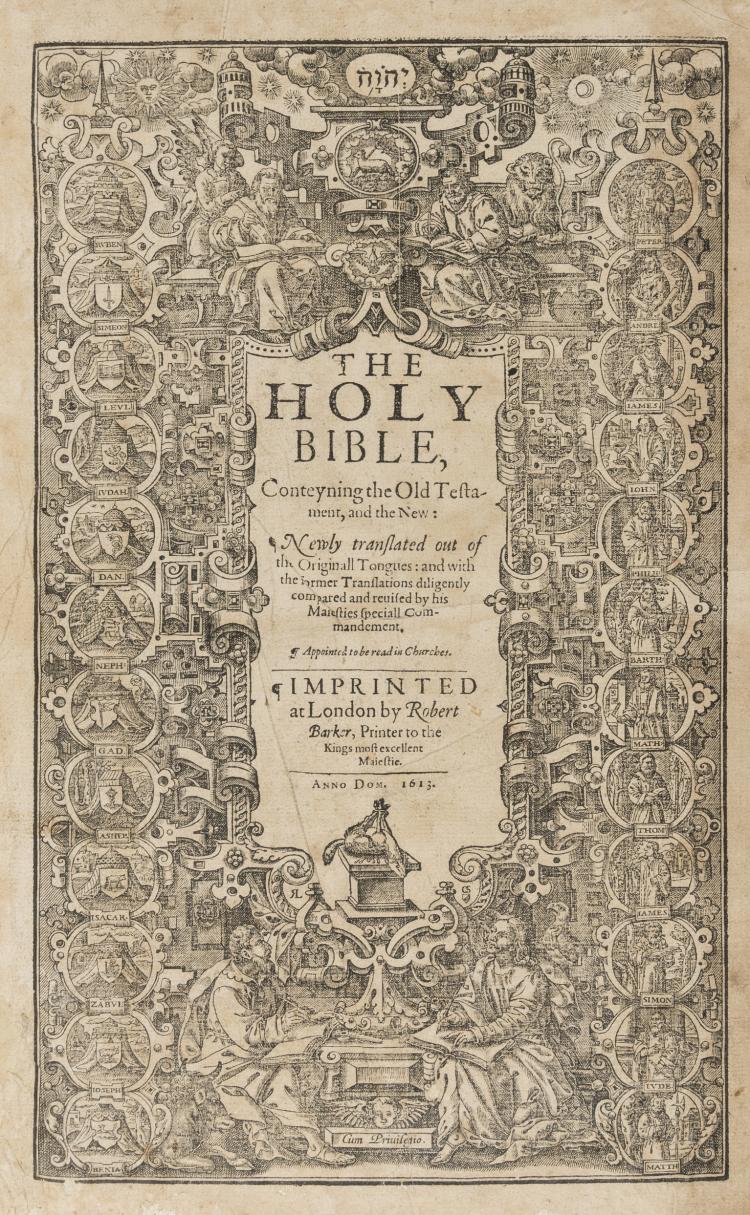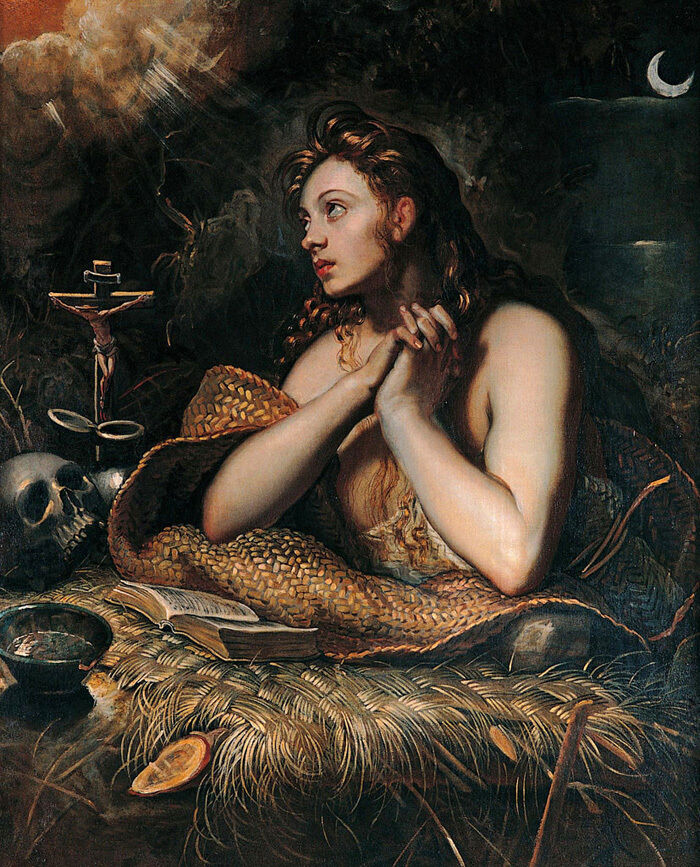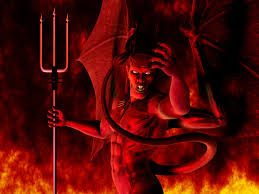Once again, Holy Week has come upon the Christian community and the last week of Jesus’ life has captured the imagination of the layman and scholar alike. To understand what it means to be Christian and what took place over two thousand years ago, is to ritualistically observe the last days of the life of Christ. This is also the time of the year where the synoptic gospels are magnified for their intensity of authenticity. The main question here is did Jesus celebrate a Passover meal with his disciples before his execution? In this article, I will offer some contentions on what I believe is the most ‘historical’ and ‘reliable’ answer I am capable of offering at this moment since this is currently an ongoing investigation to satisfy my own personal historicity and theology on the subject.
One of the first flaws I seem to come across on a regular basis is that most folks, especially when exchanging dialogue on Jesus, even if they are devout, undermine his Jewishness. In fact, it is hardly mentioned. However, that does not seem to be the case in The Gospels. According to Mark’s account (our earliest gospel), Jesus ‘prepared’ the Last Supper on the first day of Unleavened Bread when they sacrificed the Passover lamb (Mark 14:12). If Jesus and his followers did indeed eat a meal together, what else could they have possibly been celebrating other than Passover? If it was, indeed, a Passover meal, they must also have held a Seder. Three out of the four canonical gospels (Matthew, Mark and Luke) agree that the Last Supper commenced after the Jewish holiday had already started. How can that be? The Passover is the Jews commemorating their
departure out of Egypt. The genesis of the festival can be located in the Book of Exodus, Chapter 12. Here, Yahweh commands the Israelites to sacrifice a lamb at twilight on the 14th day of Nisan (Jewish month); they are then further instructed to eat the sacrificial lamb with unleavened bread and strong herbs. The blood left over from the sacrifice of the lamb is to be swabbed on the doorposts of all Jewish homes so that God will ‘Passover’ and not kill the firstborn sons of Israel (Exodus 12:13). The Israelites are to observe this practice every year. Exodus then speaks of a seven-day festival which begins when the sacrifice is consumed. As time went on and the Israelites were settled in Jerusalem, the practices of the Passover changed DRAMATICALLY. Jews were then required to go to Jerusalem and attend and participate in the festival by sacrificing a lamb and consuming its contents. Eventually, a number of customs began to articulate among the participants, such as drinking wine, feasting, and singing hymns. The process became known as a Seder (a Hebrew word for order). Is it such a surprise that many modern Christians and Jews affiliate the Last Supper with Passover? Is it also such a surprise that Jesus establishes the Eucharist (Holy Communion) using a sacred holiday as a background?
In the time of Jesus there is scanty evidence, at best, of what actually took place regarding ritualistic practices of Passover. It is not wise to jump to historical or theological conclusions that these two events are related. It is much more complex and truncated than one might think. A number of New Testament scholars_the ‘Jesus Seminar’ to be more specific, alleges that most (like 70%) of the sayings attributed to Jesus, he did not say! However, I find these opinions to be in deep distress, and I only mention them in writing this article. (I possess my own doubts on the Jesus Seminar for reasons not relevant to this topic.) If the Gospels are not to be trusted, then the Last Supper never even took place; more importantly, if there was no last Supper, then Jesus did not die during Passover as the synoptic Gospel writers claim.
For unknown reasons, the historians Josephus and Philo only record what Jews did in the temple rather than what took place afterwards, specifically during the eating of the sacrifice. So, while ALL FOUR canonical Gospels strongly suggest that the Last Supper took place during or near Passover, it is not a comfortable contention to rest upon. The three synoptics, Matthew, Mark and Luke are CLOSELY related Gospels. Synoptic (Συνοπτικός) is a Greek word that means ‘seen together.’ For the sake of this article, and for theological reasons, I propose that Matthew and Luke are merely extensions of Mark’s Gospel; in other words, they were copied and are not independent sources of one another. What I believe we have is one copy (Mark) copied twice (Matthew, Luke).
However, there is a fourth Gospel that proposes that Jesus was executed during the ‘day of preparation for the Passover’ (John 19:14), the Gospel of John. (However, this epistle is written almost a hundred years later.)
In this Gospel, John writes that Jesus was killed when the Passover sacrifice was being offered and before the festivities began at sundown! How can this be? Did Jesus eat his Last Supper and die twice?! One must ask the question of who is giving the most ACCURATE account of Jesus’ last days.
To answer this question, I refer to the Book of Leviticus. 7 On the first day you shall have a holy convocation; you shall not do any laborious work. 8 But for seven days you shall present an offering by fire to the Lord. On the seventh day is a holy convocation; you shall not do any laborious work.” (Leviticus 23: 5-8). God is candidly explaining the rules of observance of Passover. However, in The Gospels, the Jewish leaders are not honoring God’s request. When Jesus is accused of blasphemy and insurrection, he is put on trial, something that would not be permitted by Jewish authorities on such a sacred holiday as Passover, yet, that is precisely the case here. (The authors of the synoptic Gospels fail to make mention of this; if they knew that something as blasphemous as this took place, I’m certain they would have written this in!) As far as Jewish law is concerned, the synoptic Gospels are stretching credulity as wide as they can; not because it suggests something so unlikely, but that it fails to recognize the unlikely, problematic nature it wishes to convince us of. It is as though the writers have omitted any knowledge of ancient Jewish law; however, it is worthy to mention that the Apostle Mark and Luke were not Jews.
I am not fully convinced of John’s account neither. It appears more thickly, as you read John deeply, that he possesses huge theological motives for getting Jesus to be killed before Passover. John preserves the claim of timing by having Jesus as the ‘sacrificial lamb’ of Passover; Jesus himself was the sacrifice, and that his death and resurrection is regarded as the redemption of mankind. Simply put, if Jesus was killed during Passover (as the synoptics claim), then he could not have been killed before Passover (as John claims); therefore, the Last Supper could not have been a Passover meal!
The question now becomes what was the Last Supper of Jesus? I have arrived at the belief that it was an ordinary Jewish meal like any other. To eat with a LARGE group of people, to mingle, to sing, and to drink wine would be nothing out of context with ancient Jewish daily life. It is still practiced today among Jews. It does not need to meet the requirements of a holiday observance or ritual. I am not discrediting the authors either; Jesus had a much different paradigm to invent with his followers that are practiced to this day. (The Eucharist) However, he used a Jewish platform to construct it. Also, the fact that Christians celebrate the Eucharist on a daily or weekly basis (Acts 2:46-47) and that Jews celebrate Passover only annually, is a CLEAR indication that they are not in relation to one another, despite the first having a Jewish gene in its composition. Surprisingly, there is an ancient Christian book ‘The Didache’ that claims the Last Supper was, in fact, an ordinary Jewish meal. Also, if this was an authentic Jewish Passover, where is the ‘lamb?’ Where are the bitter herbs? Where are the four cups of wine? It seems, concomitantly, the Gospel authors omitted this information for, perhaps, theological reasons.
After serious contemplation of these details, one must ask why do the Gospels portray the Last Supper as a Jewish Passover? Surely this was not just a historical coincidence? Certainly not! Within a few years of Jesus’ supposed ascension into heaven, EARLY Christians began to ask if they should celebrate Passover with Easter. An EARLY group of Christians called The Quartodecimans believed that the date of Easter should be calculated to coincide with Passover, whether Passover fell on a Sunday or not. Since the Jewish calendar was lunar (and still is), Passover must fall on a full moon; however, this does not always fall on a Saturday night; if you wanted to convince Christians (especially new converts) to celebrate Easter on Passover, would it not be advantageous to emphasize that Jesus celebrated Passover with his disciples before he was crucified?
New Testament scholar Bruce Chilton offers a counter contention. He proposes the suggestion that the idea of the Last Supper as a Passover Seder was originated by Jewish Christians to preserve the Jewish character of EARLY Easter traditions. By acknowledging the Last Supper as a Passover meal, Jewish Christians could control the celebration by keeping it Jewish, celebrate it only in Jerusalem, and only to be celebrated by Jews! (Who said EARLY Christianity wasn’t diverse?) In summary, it finally comes as no surprise that the EARLY Christian Church “Passoverized” the Last Supper and remains to this day. By flavoring the Last Supper with Passover traditions, it was no more than a literary tool for the Early church to develop its theological significance with Jewish custom and ritual. After all, Christianity was ORIGINALLY a Jewish sect founded by a Jew!
It is to be noted, however, that the greatest ‘theological’ separation of these two observances comes from the Apostle Paul himself. Paul equates the crucifixion of Jesus with the Passover Sacrifice: “7. Get rid of the old yeast, so that you may be a new UNLEAVENED batch__as you really are. For Christ, our Passover lamb, has been sacrificed. 8. Therefore let us keep the festival, not with the old bread leavened with malice and wickedness, but with the unleavened bread of sincerity and truth.” (1 Corinthians 5:7-8) While this is a Passoverazation of the Jesus tradition, it also strongly contradicts the identifications of the two. In this passage, Paul clearly divides the two traditions in their significance.
Lastly, Passoverazation can even be found in the Middle Ages. Contrary to teaching, the using of unleavened wafers in Roman Catholic mass is medieval in origin; however, the Eastern Orthodox Church used leavened bread (and still does). Is it not possible to observe the astute transaction of the ‘Passoverazation’ of leavened and unleavened bread in the churches? Was Jesus’ Last Supper a Passover Meal (Seder)? I believe the answer is no.

© 2025, Mark Grago. All rights reserved.



















